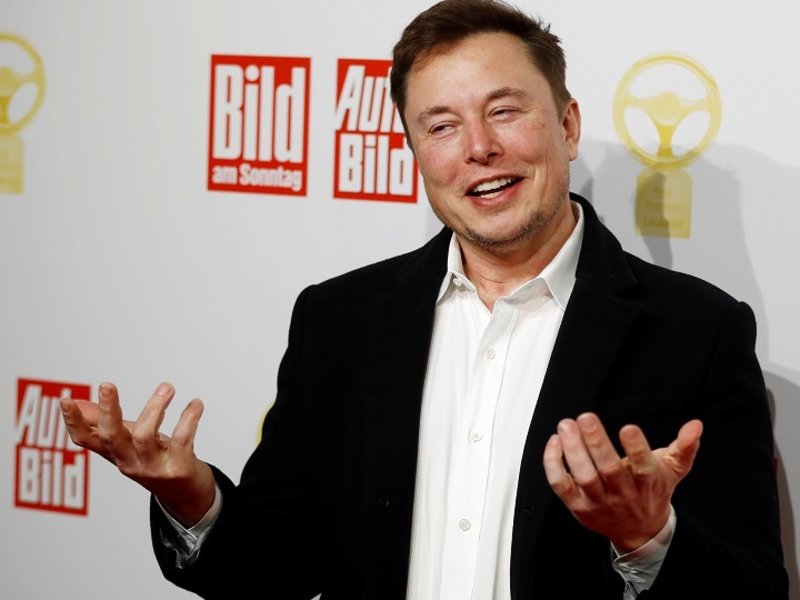
Elon Musk proposed selling 10 percent of his Tesla Inc. stock on Twitter Saturday, and took a poll of people on the social network to see if they supported it.
Musk said he would “abide by the results of this poll, whichever way it goes.”
The amount of stock in play is valued at about $21 billion, based on his holdings of 170.5 million Tesla shares. The stock, which surged 74 percent this year to a record on Thursday, closed 0.6 percent lower at $1,222.09 on Friday.
The number of shares Musk could be set to offload based on the Twitter poll is equivalent to 80 percent of the average daily trading volume for Tesla in the past three months.
As of Saturday night, more than 55 percent of the 2 million users who had voted supported Musk selling his shares. The poll will end around 3 p.m. on Sunday.
Musk, the world’s richest person known for his tongue-in-cheek tweets, cited recent discussion of the wealthy hoarding unrealized gains to avoid paying taxes.
The amount of Tesla stock Musk may potentially sell would be even greater if his options are included.
At the Code Conference in September, Musk said he pays an effective tax rate of 53 percent on stock options he exercises. He added that he expects that tax rate to rise next year, with “a huge amount will be paid in the next three months because of expiring options.”
“We are witnessing the Twitter masses deciding the outcome of a $25B coin flip,” venture capitalist Chamath Palihapitiya said in response to Musk’s tweet.
Saturday’s tweet marks the second time within a week that Musk has discussed selling Tesla shares.
On Sunday, he challenged a United Nations official who said just a small percentage of the billionaire’s wealth could help solve world hunger. He wrote that he would sell Tesla stock if the World Food Programme could describe the accounting on his Twitter thread.
“Looking forward to the day when the richest person in the world paying some tax does not depend on a Twitter poll,” University of California at Berkeley economist Gabriel Zucman said in a tweet.

